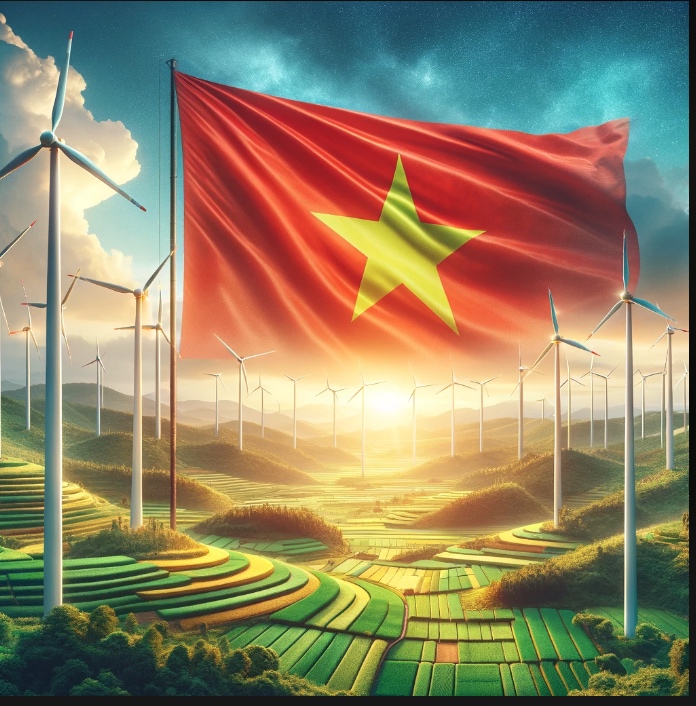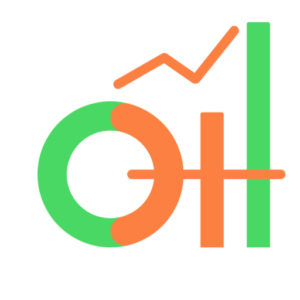Overview
Vietnam has been experiencing rapid economic growth and urbanization, leading to increased energy demand. The country is transitioning from a reliance on fossil fuels to more sustainable energy sources, with significant investments in renewable energy. Vietnam’s energy sector is characterized by its efforts to balance economic development with environmental sustainability.
Institutions and Energy Policy
- Ministry of Industry and Trade (MOIT): Oversees energy policy formulation and implementation, including the development of the power sector and renewable energy.
- Vietnam Electricity (EVN): State-owned company responsible for electricity generation, transmission, and distribution.
- Renewable Energy Policies: Vietnam has implemented various policies to promote renewable energy, including feed-in tariffs (FiTs) for solar and wind power, tax incentives, and capital subsidies.
Energy Companies
- PetroVietnam: The national oil and gas group, engaged in all sectors of the petroleum industry.
- Vietnam Electricity (EVN): Dominates the power sector, with several hydroelectric, coal-fired, and gas-fired power plants.
- Renewable Energy Companies: Includes Trina Solar, BIM Group, and Thanh Thanh Cong Group, focusing on solar and wind energy development.
Energy Supply
- Fossil Fuels: Vietnam has substantial coal reserves and imports coal for electricity generation. It also has offshore oil and gas fields.
- Renewable Energy: Rapid growth in solar and wind energy, making Vietnam one of Southeast Asia’s leaders in renewable energy capacity. Hydroelectric power also plays a significant role.
- Nuclear Energy: Vietnam had plans for nuclear power but canceled them in 2016, focusing instead on renewable energy.
Energy Prices
Energy prices in Vietnam are regulated by the government, with electricity prices being subsidized to some extent. However, there has been a gradual move towards market-based pricing, especially for renewable energy sources.
Energy Consumption
Vietnam’s energy consumption has been growing steadily, driven by industrialization, urbanization, and economic growth. The industrial sector is the largest consumer of energy, followed by residential and transportation sectors. There is a significant push towards energy efficiency and reducing energy intensity in the economy.
Issues and Prospects
- Challenges: Balancing energy demand with environmental sustainability, reducing reliance on coal, and managing energy infrastructure investments.
- Opportunities: Significant potential for further expansion of renewable energy, particularly in solar and wind energy. The government’s commitment to reducing greenhouse gas emissions and investing in green energy presents opportunities for investment and development.
Vietnam’s energy sector is at a pivotal point, with the potential to become a model for sustainable energy development in the region. The focus on renewable energy, combined with ongoing reforms and investments, positions Vietnam well to meet its future energy needs sustainably.
Recent Developments
Recent developments and policy changes in Vietnam’s energy sector indicate a strong commitment towards renewable energy and a transition away from coal, with significant foreign investment and policy support to achieve these goals.
Vietnam has approved the Power Development Plan 8 (PDP8), which aims to boost wind energy and gas while reducing reliance on coal, with the goal of becoming carbon-neutral by mid-century. This plan requires $134.7 billion of funding for new power plants and grids, with a portion expected from foreign investors. The G7 nations and other wealthier countries have pledged $15.5 billion in initial funds to support Vietnam’s transition away from coal. The PDP8 plans to more than double Vietnam’s power generation capacity to over 150 GW by 2030 from 69 GW at the end of 2020. It also emphasizes the importance of wind and solar energy, aiming for these renewables to cover nearly 31% of the country’s energy needs by 2030, with potential for this contribution to rise to 47% with full G7 support.
The National Energy Master Plan (NEMP) for the 2021-2030 period, with a vision to 2050, has also been approved. This comprehensive plan covers oil and gas, coal, electricity, and renewable energy, aiming for national energy security, reduced carbon emissions, and energy industry independence. It sets ambitious targets for energy production to support an economy growing at 7% per annum until 2030 and 6.5-7.5% from 2031 to 2050. Specific goals include increasing petroleum reserves, expanding natural gas production, managing coal output and imports, and significantly boosting renewable energy to account for 15-20% of power supply by 2030 and 80-85% by 2050.
Vietnam faces challenges, including inadequate infrastructure and funding concerns, as it transitions to renewable energy. However, initiatives such as the Just Energy Transition Partnership (JETP) program, supported by G-7 funding, aim to address these issues. ASEAN cooperation is also critical, with plans like importing offshore wind power from Vietnam to Singapore, indicating a regional approach to achieving energy targets.
The launch of Vietnam’s JETP secretariat marks a critical development in international engagement in the energy sector. Despite challenges, such as financing and the delay in the new power development plan, this initiative underscores the country’s commitment to transitioning away from coal. The secretariat, led by the Ministry of Natural Resources and Environment, will coordinate efforts across multiple ministries, emphasizing the importance of governance, policy, investment, technology, and finance in achieving Vietnam’s energy transition goals.
These developments underscore Vietnam’s determined path towards a sustainable energy future, leveraging international partnerships and significant investment in renewable energy sources.







